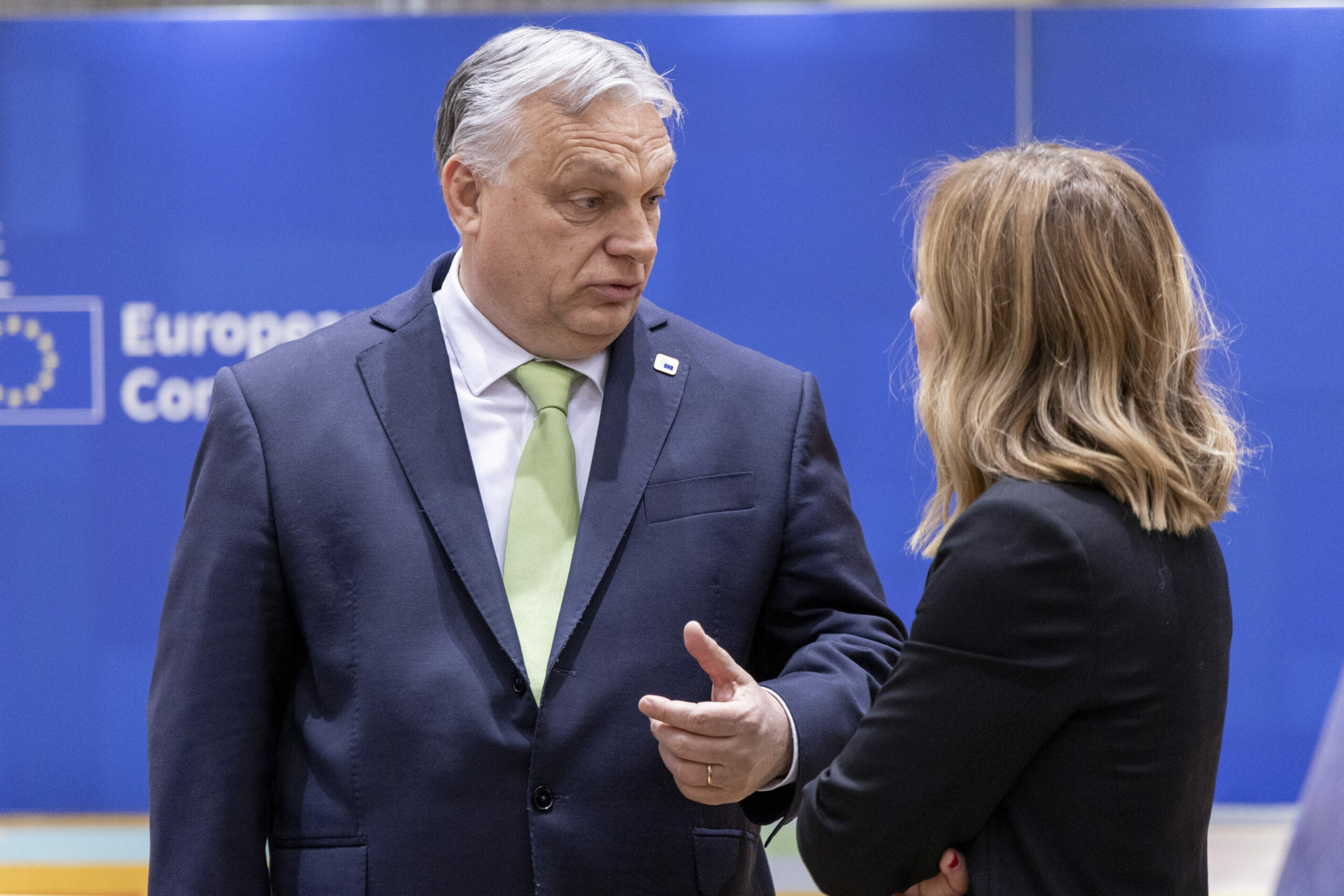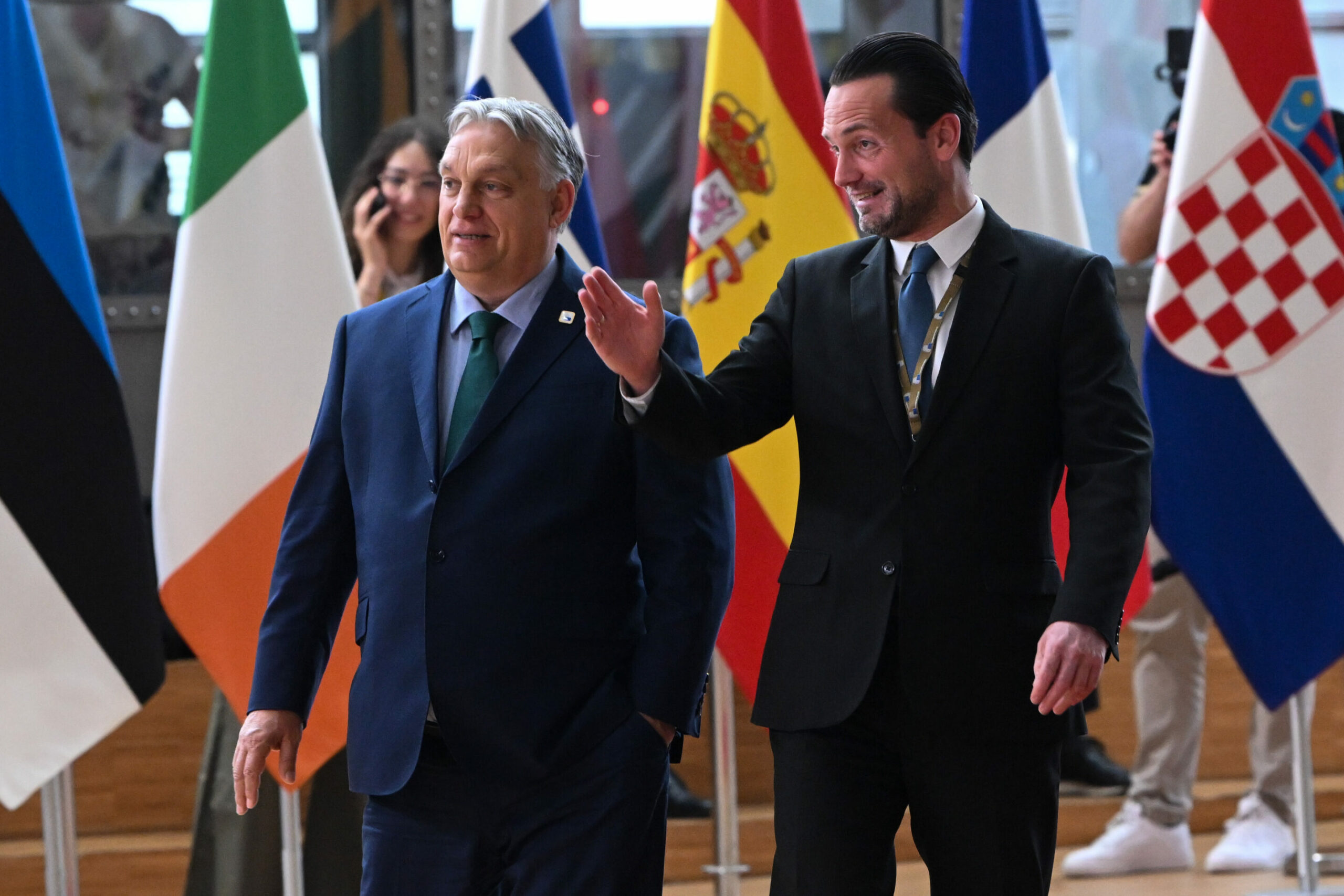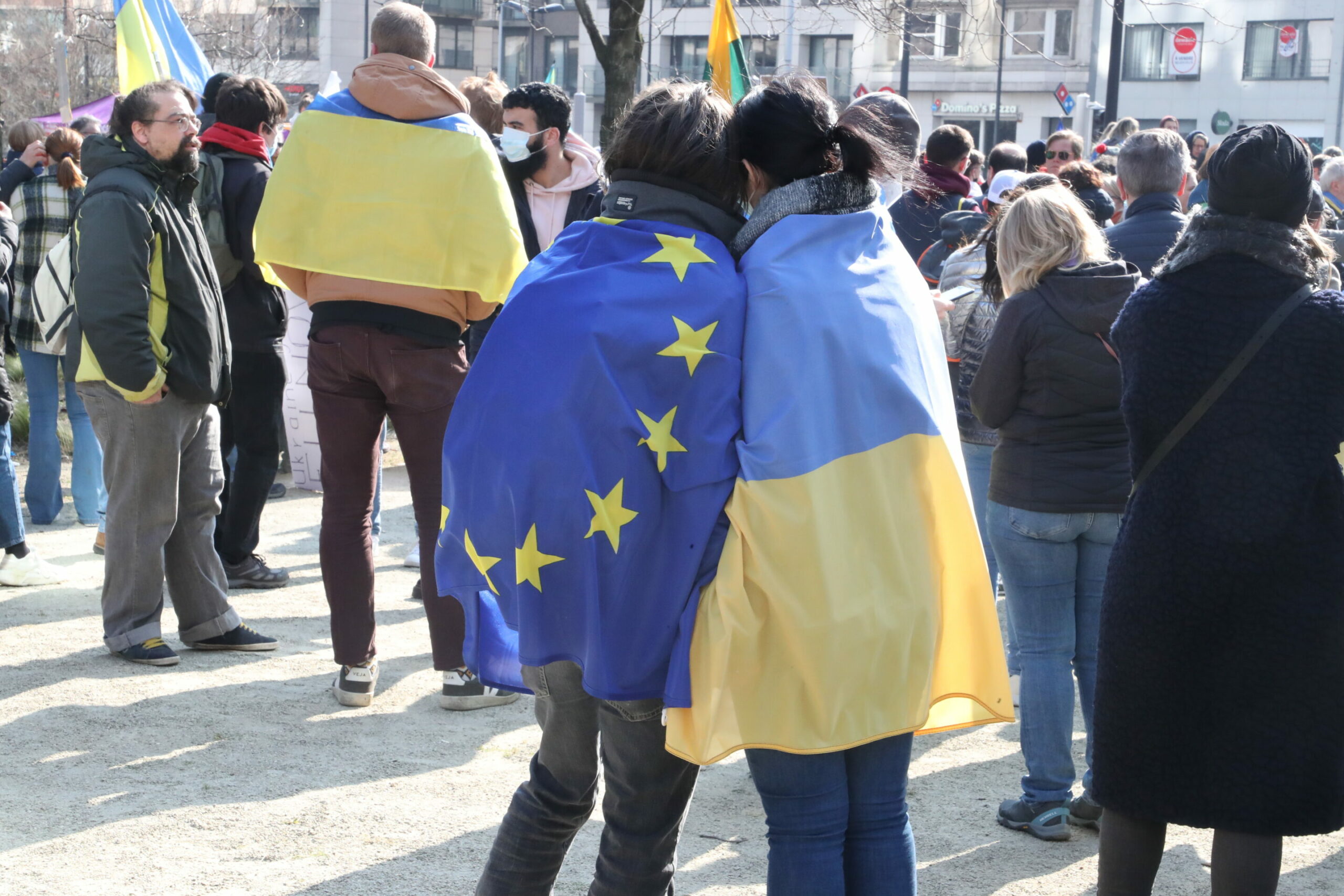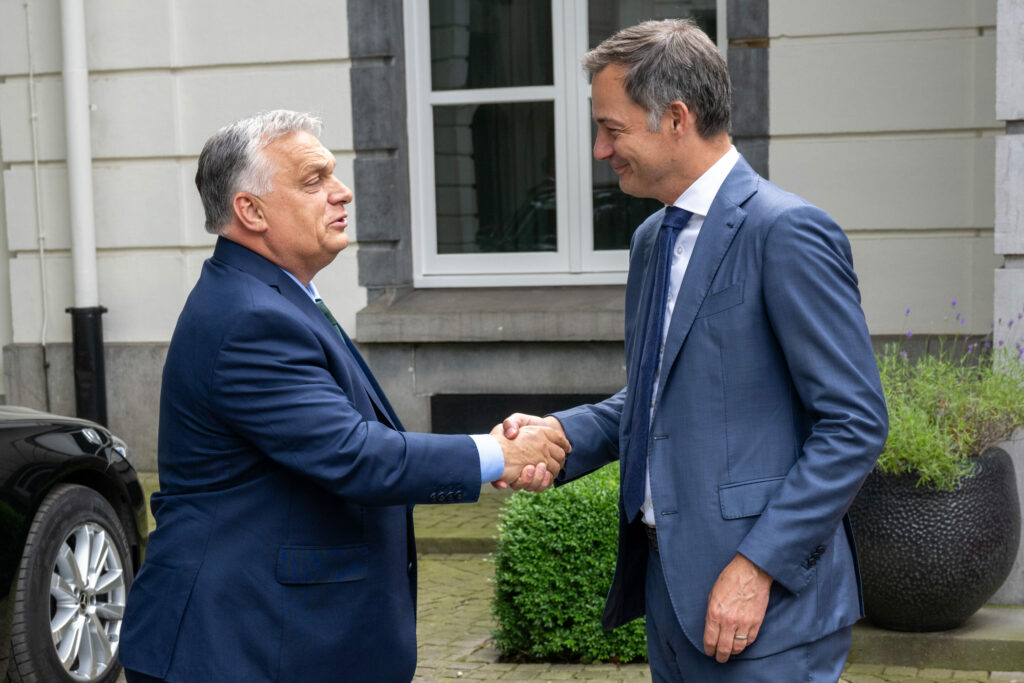Hungary assumed the rotating half-year Presidency of the Council of the EU from Belgium on Monday, at a time it describes as characterised by extraordinary circumstances and challenges, and will have to make an effort to manage it in the same spirit of compromise building as Belgium.
At the end of its presidency, Belgium highlighted its success in driving forward the legislative work. One of its main achievements, it wrote in an article on its presidency website, was to close 74 agreements as well as 57 negotiating mandates for next presidency. The legislative work was oriented around six priorities, with the agreements and negotiating mandates almost equally distributed among them.
Some agreements might have been watered down compared to the Commission's original proposals in the search for a compromise acceptable to all EU Member States but the Belgian EU Presidency said it was overall satisfied with the end results. Belgium promoted citizen participation in the decision-making during its presidency with a first-ever citizen’s panel on artificial intelligence "aimed at enhancing citizen engagement and trust in the EU."
According to the Belgian presidency, it also responded quickly and effectively to the crises during its term, such as the ongoing wars in Ukraine and in the Middle East. Crisis management took 50% of its time. Furthermore, it invested also time in making the EU "future-proof", including a progress report on the future of Europe and the need for internal reforms.
"These results are a testament of the Belgian spirit to build compromises and get people to work together," Prime Minister Alexander De Croo explained. He encouraged Hungarian Prime Minister Viktor Orbán during his meeting in Brussels yesterday to work in the same spirit.
'Honest brokers'
Traditionally, each country taking over the EU presidency invites the College of Commissioners from all EU countries for a first meeting with the government of the host country at the very start of its term – but this will not happen this time. The European Commission has confirmed that the meeting has been postponed until September without providing any explanation.
Asked by The Brussels Times if the Hungarian EU Presidency will differ in style from the previous presidencies, Ambassador Bálint Ódor, head of Hungary’s mission to the EU, replied in an interview that, "All presidencies have their own uniqueness." He assured that: "Presidencies must always work as honest brokers, and Hungary will be no exception to that."
However, the Hungarian prime minister announced on Sunday that he is going to join forces with the leaders of Austria and the Czech Republic to form a new far-right group in the European Parliament called "Patriots for Europe". He claimed that, "European people want three things: peace, order and development. And what they get from the current Brussels elite is war, migration and stagnation."
This represents a break with the priorities of the Belgian EU Presidency. Will the Hungarian EU Presidency also be characterised by compromises? Mátyás Kohán, deputy editor at the Hungarian pro-government weekly Mandiner, replied that there is no need to worry.

Prime Minister of Hungary Viktor Orbán pictured during the European council summit, Thursday 21 March 2024 in Brussels. Credit: Belga / Nicolas Maeterlinck
Hungary's EU policy is run by two very different groups of people working alongside each other, he says. "Thorny and controversial issues with implications for Hungarian domestic politics are handled by prime minister Viktor Orbán and foreign minister Péter Szijjártó in their characteristically blunt manner, although both are open for compromise when push comes to shove."
"The day-to-day business of Hungary's EU affairs is, however, in the hands of mellow and Brussels-savvy officials like EU Minister János Bóka, Development Minister Tibor Navracsics and Ambassador Bálint Ódor. This latter group is in charge of the EU presidency, which is a good indication of what to expect."
Euroscepticism, rule of law and Article 7
Has the Hungarian prime minister or his government toned down their rhetoric against the EU?" Just like there are two separate groups of people running EU policy in the country, the issue of the presidency is communicated completely separately from all other EU issues," Mátyás Kohán replied.
"There isn’t and has never been fundamental opposition in the government's communications to the idea of European cooperation and Hungary's place in the EU. Opposition is always voiced in regard to specific policies that the Hungarian government, along with the majority of Hungarians, see as pointless or dangerous."
"In this context, the government hasn’t in any way toned down its opposition to the EU's Ukraine policy or the migration pact. However, government communications on the presidency are upbeat, optimistic, and full of hope for progress on shared EU challenges in which Hungary's government is glad to play a crucial role."
The rule of law is important for both EU Member States and candidate countries. The Belgian EU Presidency said that it helped shape the format of an upcoming rule of law dialogue with the candidate countries. Hungary says that it will try to accelerate the enlargement process. Will such a dialogue also influence the outstanding issues in Hungary’s rule of law situation?
"No, there is no legal possibility for linking these processes, nor does it make political sense to do so. Also, there are no more outstanding issues on the independence of the Hungarian judiciary. This is the part of the rule of law dialogue between the Commission and Hungary that was successfully settled in December 2023."
The remaining open issues relate to corruption, academic freedom, migration, and LGBTQ rights, according to Mátyás Kohán. The seventh hearing of Hungary's (still open) Article 7 procedure took place last week and covered all the issues raised in the European Parliament’s reasoned proposal of September 2018, which triggered the procedure.
The Article 7 procedure against Poland was closed as of May 2024 after the Polish government had presented an action plan on planned reforms. The procedure against Poland was launched by the European Commission in 2017.

Prime minister Viktor Orbán is being shown the way?
"The Hungarian government hasn’t believed for one second that there might be consensus among the other 26 Member States on depriving Hungary of its voting rights. In case anyone wanted to rekindle this process, which is now widely considered in Hungary to be a rather unpleasant joke but a joke nevertheless, Hungary's government believes that Slovakia and other countries will vote against it."
The Article 7 file can be revived by a simple majority of EU Member States. A spokesperson of the Commission commented that it is up to the Council to handle the question of new hearings. The role of the Commission is limited to participating and giving updates if requested. He referred to the 2024 rule of law report which is due towards the end of July. In the 2023 report, it recommended Hungary to address outstanding concerns raised in the procedure.
These related to certain aspects of the justice system, the anti-corruption framework and strengthening checks and balances. The Commission also remarked in the previous report that no progress had been to enhance the independent governance and editorial independence of public service media and ensure fair and transparent distribution of advertising expenditure by the state and state-owned companies.
What about Ukraine?
Despite the Hungarian prime minister’s controversial statements in the past about the EU and its support to Ukraine, he does not believe that they will influence the Hungary chaired EU Presidency. "The two issues are not connected."
"Orbán's statements on Ukraine have been, ever since 2022, rooted in the assessment that regaining Ukraine's full territorial integrity by military means is desirable but not feasible, which means that an EU strategy directed at this objective is fundamentally flawed." This might be an isolated minority opinion in the EU but is a majority view in Hungary across political parties.
"Orbán has no choice but to represent a Ukraine policy that is acceptable from a domestic politics perspective," he explained. "But this does not mean that Orbán would instrumentalise the EU presidency to change the EU's Ukraine policy. This would not be consistent with the legal powers of the EU presidency and not a priority in the Hungarian presidency programme either."
A critical issue is EU’s continued support to Ukraine. A solution was found at the end of the Belgian EU presidency for the payment of €1,4 – 1.6 billion of the windfall revenues from frozen Russian assets but Hungary has until now blocked the disbursement of €5 billion from the European Peace Facility (EPF).

Credit: Belga / Nicolas Maeterlinck
Will Hungary change its policy during its presidency and give a green light for the use of the money in the European Peace Facility (EPC)? Mátyás Kohán replied that there seems to be a connection between Hungary's willingness to consent to the disbursement of funds to Ukraine, or to Member States that deliver arms to Ukraine, and progress on Hungary's own blocked EU funding.
The Hungarian government is unsatisfied with how the Commission has conducted the talks in the informal phase of discussions that precedes the formal passing of laws to address the Commission's concerns. Hungary was also unsatisfied with how the Commission has interpreted the substance of the milestones in the rule of law conditionality mechanism, which Hungary considers to be already fulfilled.
"As long as the Commission is not willing to give Hungary fair treatment in the talks on the rule of law conditionality, it’s likely that Hungary will use one of its last tools of leverage on the Commission and fellow Member States and keep blocking the EPF disbursement," he concluded.
M. Apelblat
The Brussels Times

